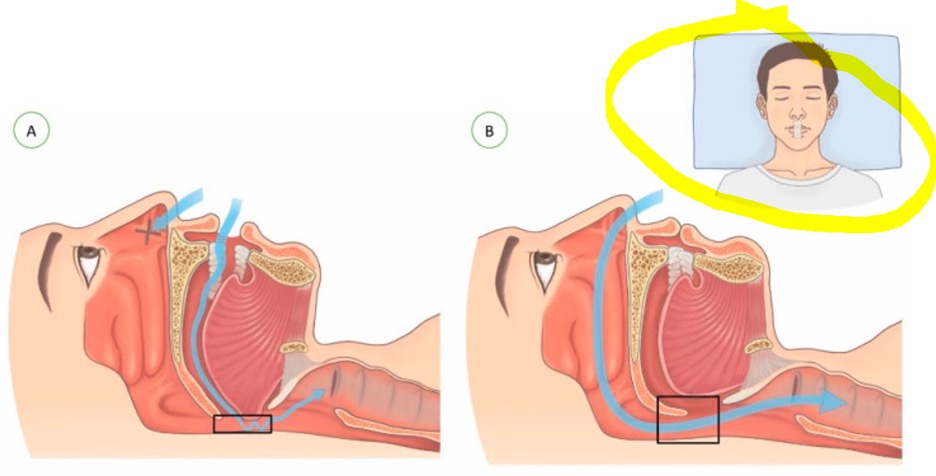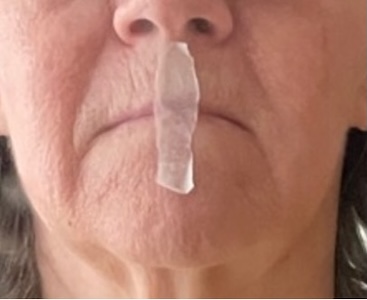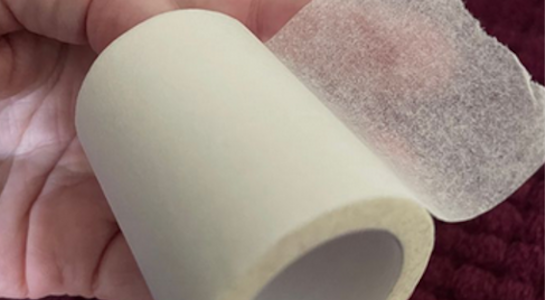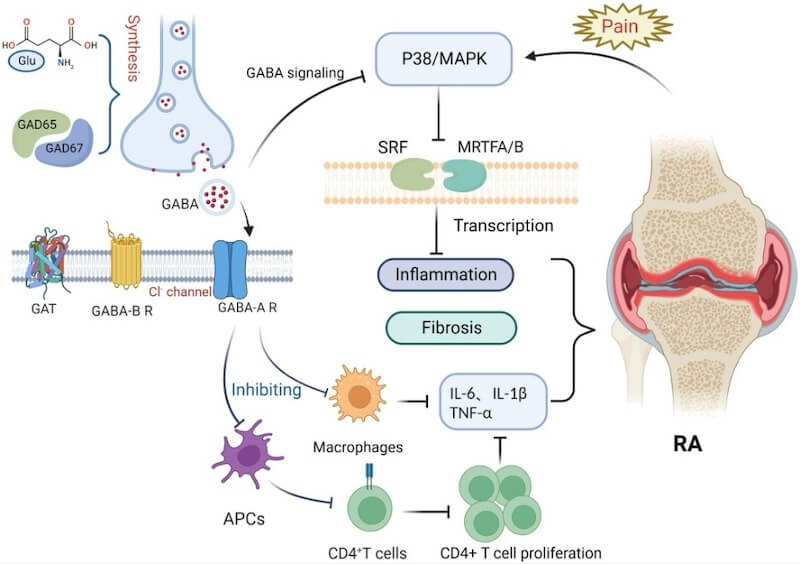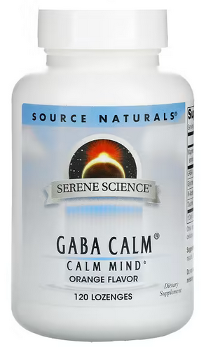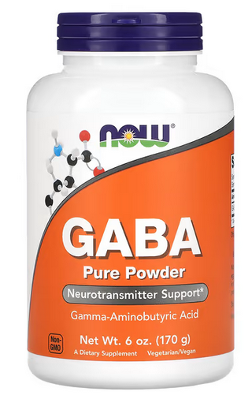
Kaurie shared this feedback in the Facebook community:
I haven’t been taking my GABA for awhile (I ran out and forgot to order) and was soooo irritable and quick to rage. Back on it and feel sooo much calmer. Hopefully that’s the trick or I’m not sure what to do as it’s impacting my relationship with my son.
It’s not a good thing when it starts to impact your relationships. I was curious what this looked like for her and when I asked she shared this:
Any little thing will trigger me i.e. I couldn’t log onto my booktopia account- I ended up throwing my phone so hard it smashed (I had to buy a new phone which I couldn’t afford at the time). I get irritable at the tiniest things.
The good news is that a few days later she shared this: “GABA definitely seems to be helping!”
I’m thrilled for her and these great results, and appreciate her sharing and allowing me to share! I hope this continues to improve her relationship with her son and in other areas of her life too.
And in case you’re wondering, once you know your ideal dose of GABA it does work that quickly, provided it’s used sublingually, capsule opened, in powder or liposomal form or as a cream.
What we typically see with low GABA levels and some less-recognized signs
Low GABA is typically associated with feeling anxious with physical-tension and stiff-and-tense-muscles. The other common symptoms we see with low GABA are overwhelm, feelings of panic, and the need to self-medicate to calm down, often with alcohol but sometimes with carbs and sugary foods.
Sleep problems can also be caused by low GABA and you’ll experience physical tension with this (rather than the ruminating thoughts and worry which is the low serotonin type of insomnia). It’s not uncommon to experience both low GABA and low serotonin.
You can also experience anger, rage and agitation when GABA levels are low – this is not as recognized as the more common anxiety-related low GABA signs. You can read the entire list of low GABA signs and symptoms here.
This list includes other less-recognized signs of low GABA such as: inability to prioritize planned actions, poor focus/ADHD and spinning, intrusive thoughts/overactive brain, fear of heights, rectal spasms, visceral pain/belly pain with IBS, bladder pain/interstitial cystitis and urgency, Lyme-induced anxiety, globus pharyngeus (lump in the throat) and laryngospasms/“choking” episodes/swallowing problems, poor sensorimotor skills and sound and tactile hypersensitivity
Some possible GABA/glutamate mechanisms that may trigger rage and irritability
A letter, Tiagabine for Rage, Aggression, and Anxiety, published in the Journal of Neuropsychiatry and Clinical Neurosciences in 2015, offers some indirect support for this GABA rage observation. They are discussing patients with treatment-resistant rage and aggression and they propose that:
Gamma-aminobutyric acid (GABA), the primary inhibitory neurotransmitter, may be critical in the neurochemical control of aggressive behavior.
They share that the prescription medication called Tiagabine, a selective GABA reuptake inhibitor (SGRI), increases synaptic GABA availability. They report that 20 out of 36 patients aged 15-54 years (69%):
with symptoms of rage, aggression, or anxiety in association with one or more of the following disorders: bipolar, intermittent explosive, major depression, panic disorder, attention deficit hyperactivity disorder, or substance abuse …demonstrated a good or excellent response to tiagabine, with reduction or elimination of the symptoms of rage, aggression, or anxiety.
This paper, looks at females with bipolar disorder and ADHD and discusses the role of glutamate and GABA in impulsivity and aggression: “On a neurochemical level, glutamate and γ-aminobutyric acid (GABA) are considered important regulatory metabolites.”
GABA likely also helps quickly because of reduced anxiety, improved sleep, and being easily able to quit or eat less sugar, and quit alcohol too.
Based on some research I’ve found and my experience with GABA, I suspect GABA may also help in these ways over a longer period: countering a histamine reaction, reducing inflammation and impacting cytokines, improving progesterone levels, beneficial impacts on the microbiome, supporting the liver and toxin removal (such as fluorides), gut healing and reducing high blood pressure.
Low serotonin and low dopamine, as well as low GABA
Rage and anger has always been associated with low serotonin but we now know other neurotransmitters are involved too. The authors of Aggressive behavior and three neurotransmitters: dopamine, GABA, and serotonin–a review of the last 10 years state this:
The regulation of aggression by a wide spectrum of neurotransmitters is well known.
Serotonin has shown both inhibitory and stimulating effects on aggressive behavior, depending on the brain region measured and specific receptors where it acts.
Dopamine and the mesocorticolimbic system associated with reward seeking behavior are also associated with aggression. Dopamine can sometimes enhance aggression and sometimes reduce the impulsivity that might lead to abnormal aggression.
γ-Aminobutyric acid (GABA) is the main inhibitory neurotransmitter, and its relationship with aggressive behavior is extremely complex and highly associated with serotonin.
We use tryptophan and/or 5-HTP when there is rage, anger, irritability and other low serotonin symptoms of worry, fears, ruminations, obsessing, feelings of panic, perfectionism and lack of confidence. I have seen these amino acids change lives.
We use tyrosine for low dopamine symptoms of low mood, low motivation, poor focus and low energy. I have yet to see tyrosine help with anger, anger and irritability but it makes sense that it would reduce the impulsivity that may lead to an anger outburst or “abnormal aggression.” Interestingly I have seen tyrosine actually be calming for a few individuals. It’s highly unusual but it does happen from time to time, as this gentleman experienced.
GABA for rage, dark moods, OCD and histamine flares
Here are some additional blog posts on similar topics:
My son who is 19 and on the autism spectrum was having issues with outbursts of anger and stuttering. These issues seemed to worsen during his senior year of high school. Since starting GABA and tailoring his dosage from Trudy’s instruction and feedback, we have seen a 90% reduction in stuttering and 80% reduction in anger and outbursts. We have done many supplemental protocols over the years and this is one of the few we have seen have an impact.
GABA worked amazingly for us during a flare! Flares began with OCD [obsessive compulsive disorder]and anxiety increasing before our eyes and then the rage followed.
Additional resources when you are new to using GABA and other amino acids as supplements
As always, I use the symptoms questionnaire to figure out if low serotonin or low GABA or other neurotransmitter imbalances may be an issue.
If you suspect low levels of any of the neurotransmitters and do not yet have my book, The Antianxiety Food Solution – How the Foods You Eat Can Help You Calm Your Anxious Mind, Improve Your Mood, and End Cravings, I highly recommend getting it and reading it before jumping in and using amino acids on your own so you are knowledgeable. And be sure to share it with the practitioner/health team you or your loved one is working with.
There is an entire chapter on the amino acids and they are discussed throughout the book in the sections on gut health, gluten, blood sugar control (this is covered in an entire chapter too), sugar cravings, anxiety and mood issues.
The book doesn’t include product names (per the publisher’s request) so this blog, The Antianxiety Food Solution Amino Acid and Pyroluria Supplements, lists the amino acids that I use with my individual clients and those in my group programs.
If, after reading this blog and my book, you don’t feel comfortable figuring things out on your own (i.e. doing the symptoms questionnaire and respective amino acids trials), a good place to get help is the GABA QuickStart Program (if you have low GABA symptoms). This is a paid online/virtual group program where you get my guidance and community support.
If you are a practitioner, join us in The Balancing Neurotransmitters: the Fundamentals program. This is also a paid online/virtual program with an opportunity to interact with me and other practitioners who are also using the amino acids.
Wrapping up and your feedback
Have you found that GABA helps your rage and irritability issues? How do they show up for you and does this also impact your relationships?
Or do you find serotonin support with tryptophan or 5-HTP help more?
Or have you found tyrosine (to support low dopamine) works best for you?
Or is it a combination of the above?
Feel free to share your feedback and ask your questions below in the comments section.

